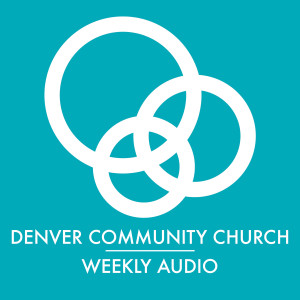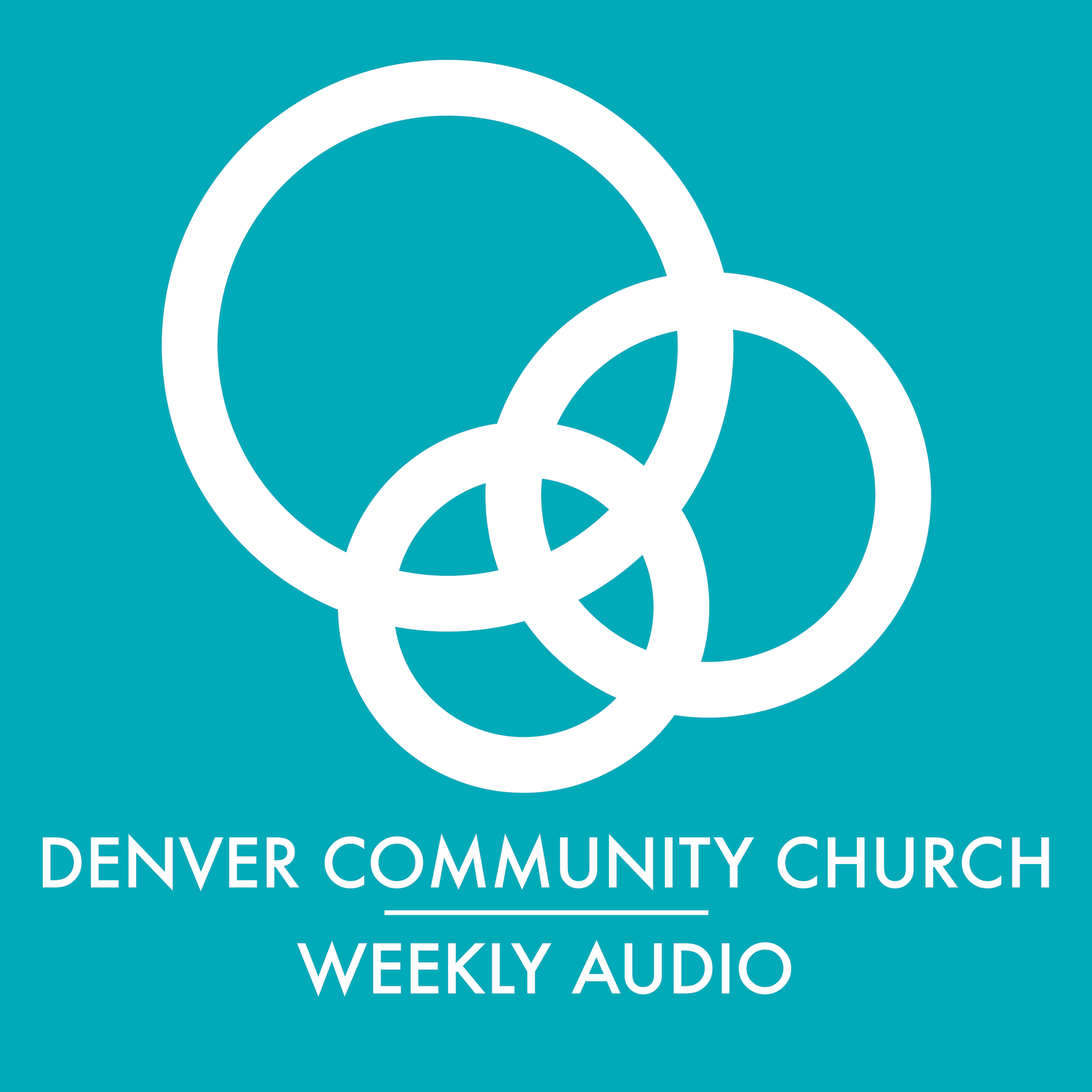Episodes

Sunday Sep 19, 2021
September 19, 2021: No One Said It Would Be Easy - Dave Neuhausel
Sunday Sep 19, 2021
Sunday Sep 19, 2021
In today's teaching, we read from James, as he encourages the Church toward perseverance, or discipline. When it comes to perseverance in today's world, most people are considered either fragile snowflakes or resilient, but what if there was a third way? Enter anti-fragility- the idea that we were actually created to become stronger by engaging fully with the things that cause suffering or pain in our lives.

Sunday Sep 12, 2021
September 12, 2021: Are You Actually Happy? - Michael Hidalgo
Sunday Sep 12, 2021
Sunday Sep 12, 2021
As we continue in our season of teaching, "Yes to Life", we encounter the apostles rejoicing after being imprisoned and flogged at the hands of the religious elite. What may seem like madness actually makes sense once we understand that they were living within the perspective of a much larger story.

Tuesday Sep 07, 2021
September 5, 2021: What Do YOU Mean? - Amanda Lum
Tuesday Sep 07, 2021
Tuesday Sep 07, 2021
Listen from September 5th as we read from Job and explore what it looks like to discover meaning in our lives, for it is then that we are able to move in and through suffering with a sense of something deeper afoot - more than just our circumstances.

Tuesday Aug 31, 2021
August 29, 2021: Setting Forth - Michael Hidalgo
Tuesday Aug 31, 2021
Tuesday Aug 31, 2021
As we begin our new season of teaching, "Yes to Life (In Spite of Everything)", Michael walks us through scripture's central theme of suffering as a pathway forward into a deeper life.

Sunday Aug 15, 2021
August 15, 2021: With Jesus - Kay Morrison
Sunday Aug 15, 2021
Sunday Aug 15, 2021
As we wrap up our summer season of teaching, friend of DCC Kay Morrison shares about what it might look like to live into the reality that even in our darkest moments, Jesus is present with us.

Sunday Aug 08, 2021
August 8, 2021: Shift Happens - Bekah Stewart
Sunday Aug 08, 2021
Sunday Aug 08, 2021
This week we hear from DCC Spiritual Formation Pastor Bekah Stewart, as she guides us through an exploration of the various ways we engage with God in seasons of disorientation.

Tuesday Aug 03, 2021
August 1, 2021: I Am Your Shield - Amanda Lum
Tuesday Aug 03, 2021
Tuesday Aug 03, 2021
As we continue our summer season of teaching, DCC Pastor Amanda Lum shares what's been stirring within her in this season as she brings into focus the safety that is available to us when we understand God's desire to be our shield.

Sunday Jul 25, 2021
July 25, 2021: A Life Entrusted - Landon Lynch
Sunday Jul 25, 2021
Sunday Jul 25, 2021
As we continue our summer season of teaching, we welcome back former DCC pastor Landon Lynch to share a message about the life that is available to us should we release our anxieties and expectations and live in the present moment, entrusting all things to God.

Sunday Jul 18, 2021
July 18, 2021: Remember Who You Are - Ryan Taylor
Sunday Jul 18, 2021
Sunday Jul 18, 2021
In another week of our Summer season of Teaching, "A Stirring In Our Souls", friend of DCC, neighboring pastor and "Awkward Spirituality" author Ryan Taylor encourages us to not lose sight of who we are.

Sunday Jul 18, 2021
July 11, 2021: Be With Us – Kristin Wright
Sunday Jul 18, 2021
Sunday Jul 18, 2021
This year our summer season of teaching will be a mix of DCC Leadership and friends of DCC sharing what’s most stirring in our souls – what’s been moving and re-shaping these individuals in this long season we have found ourselves in across the globe.

